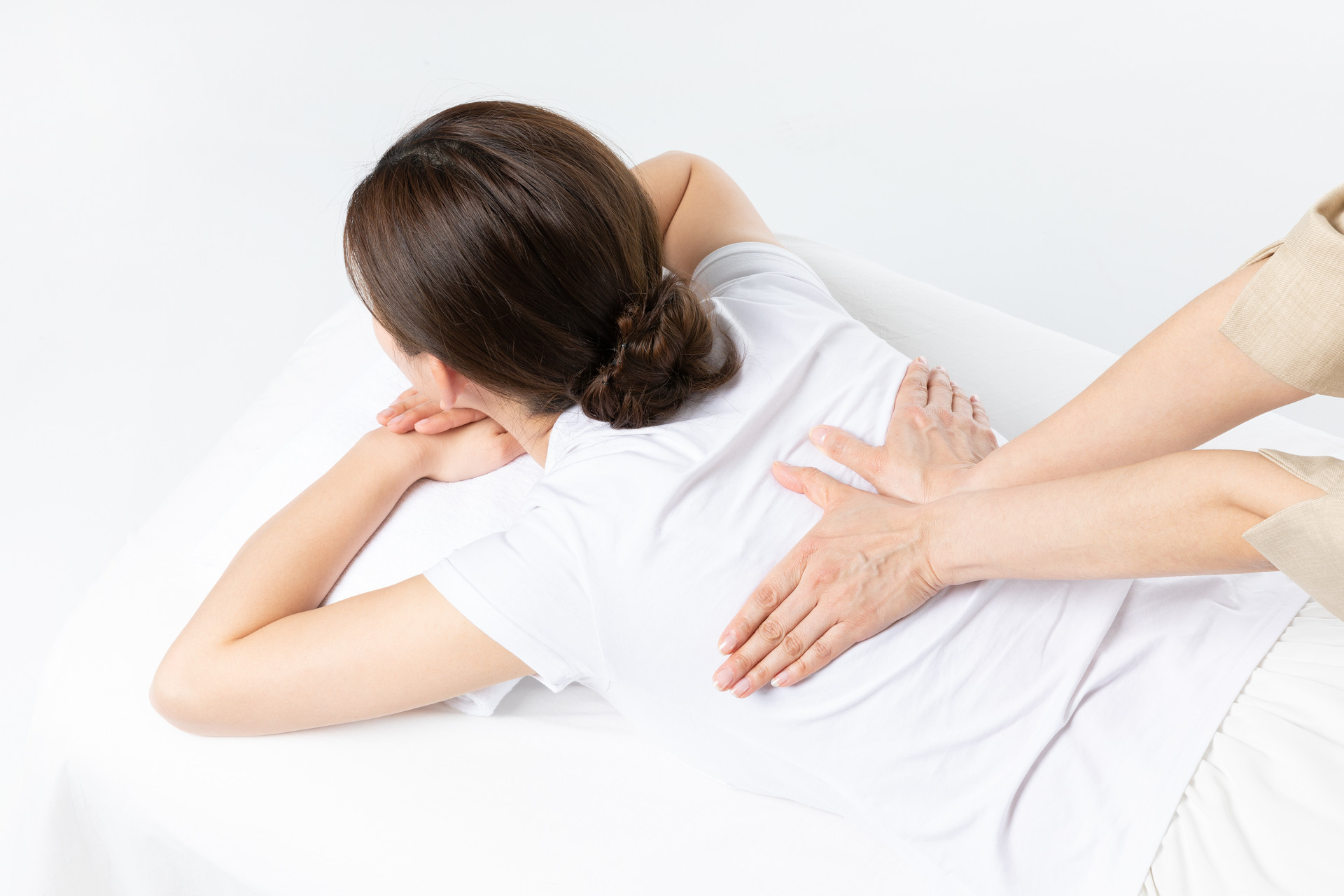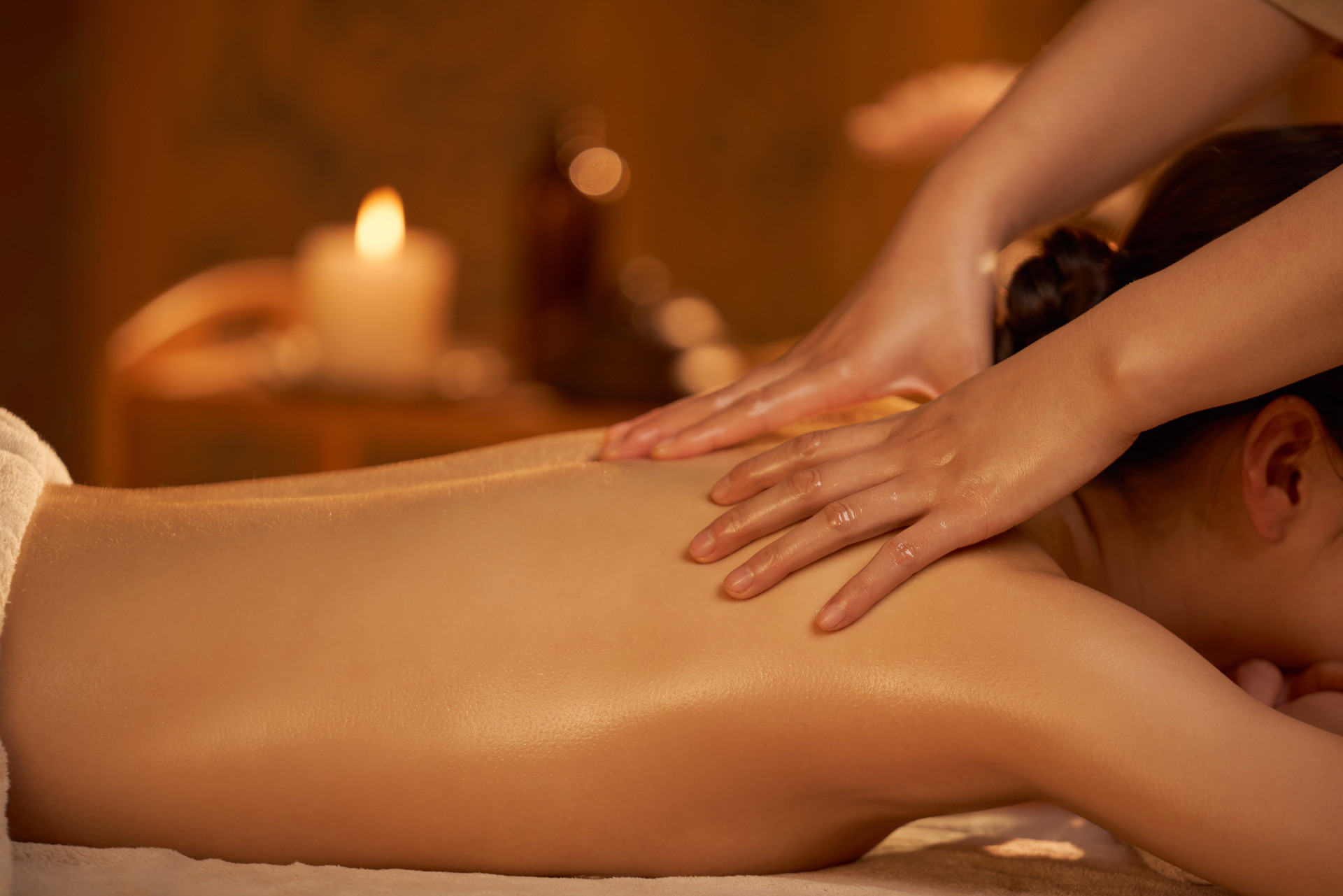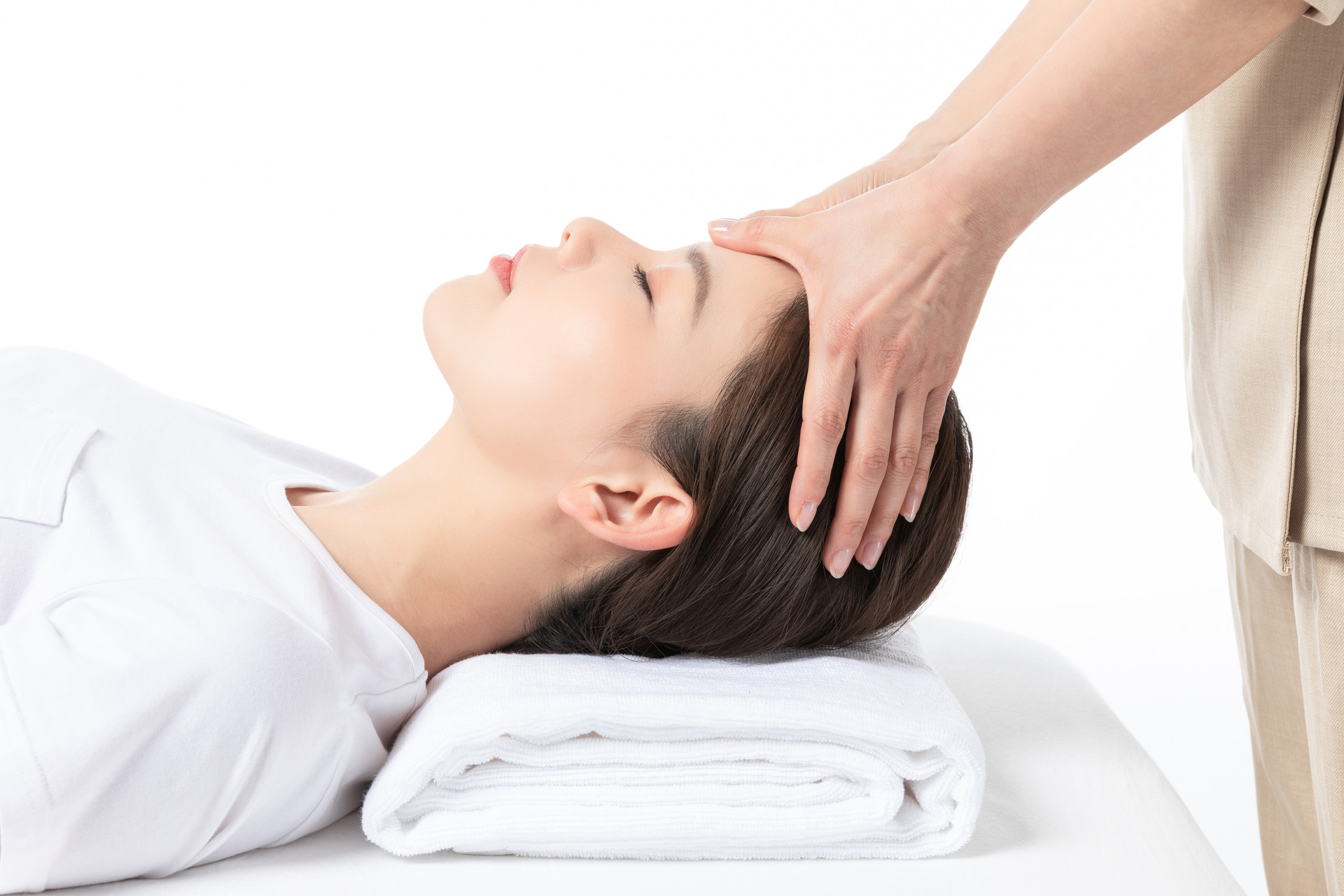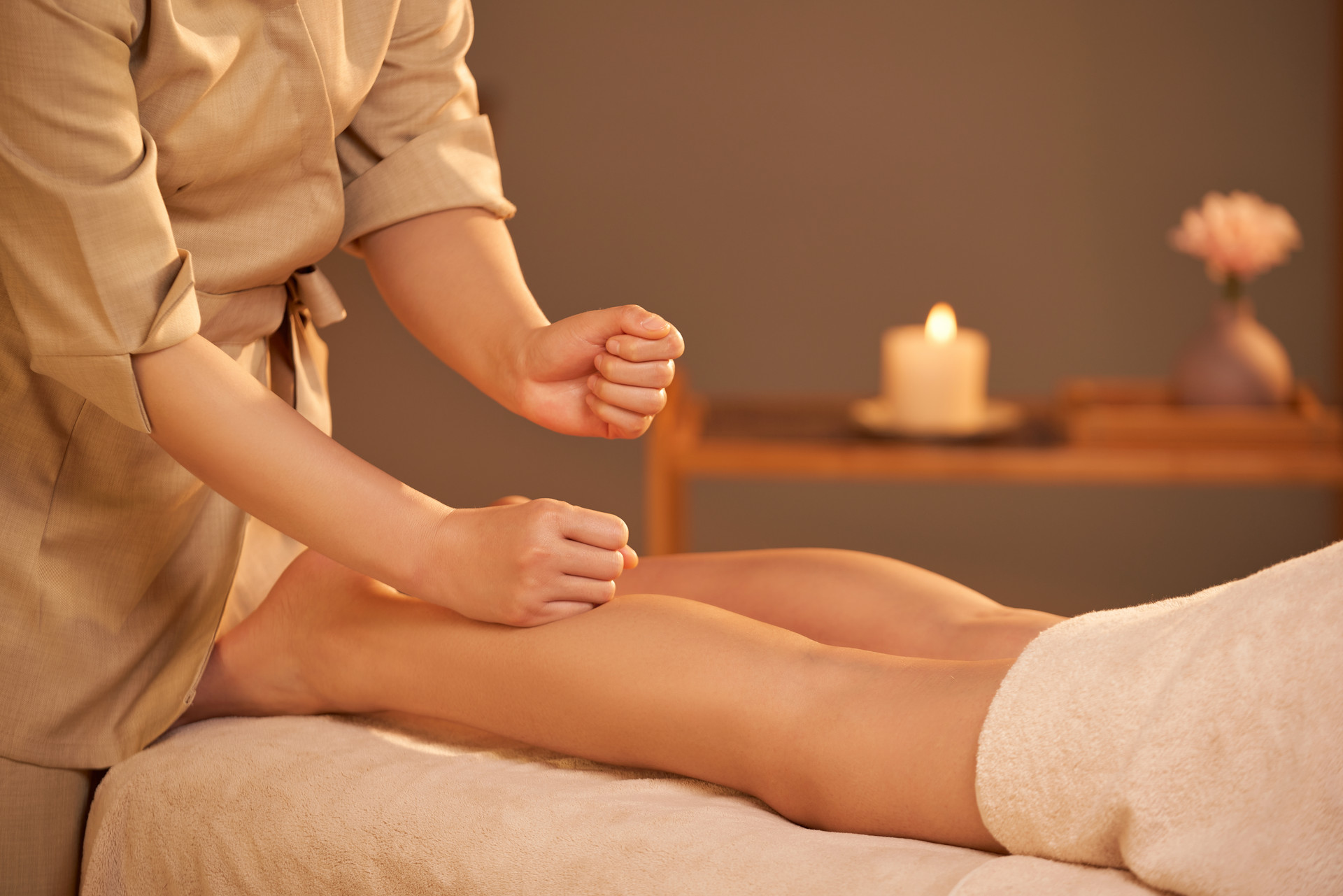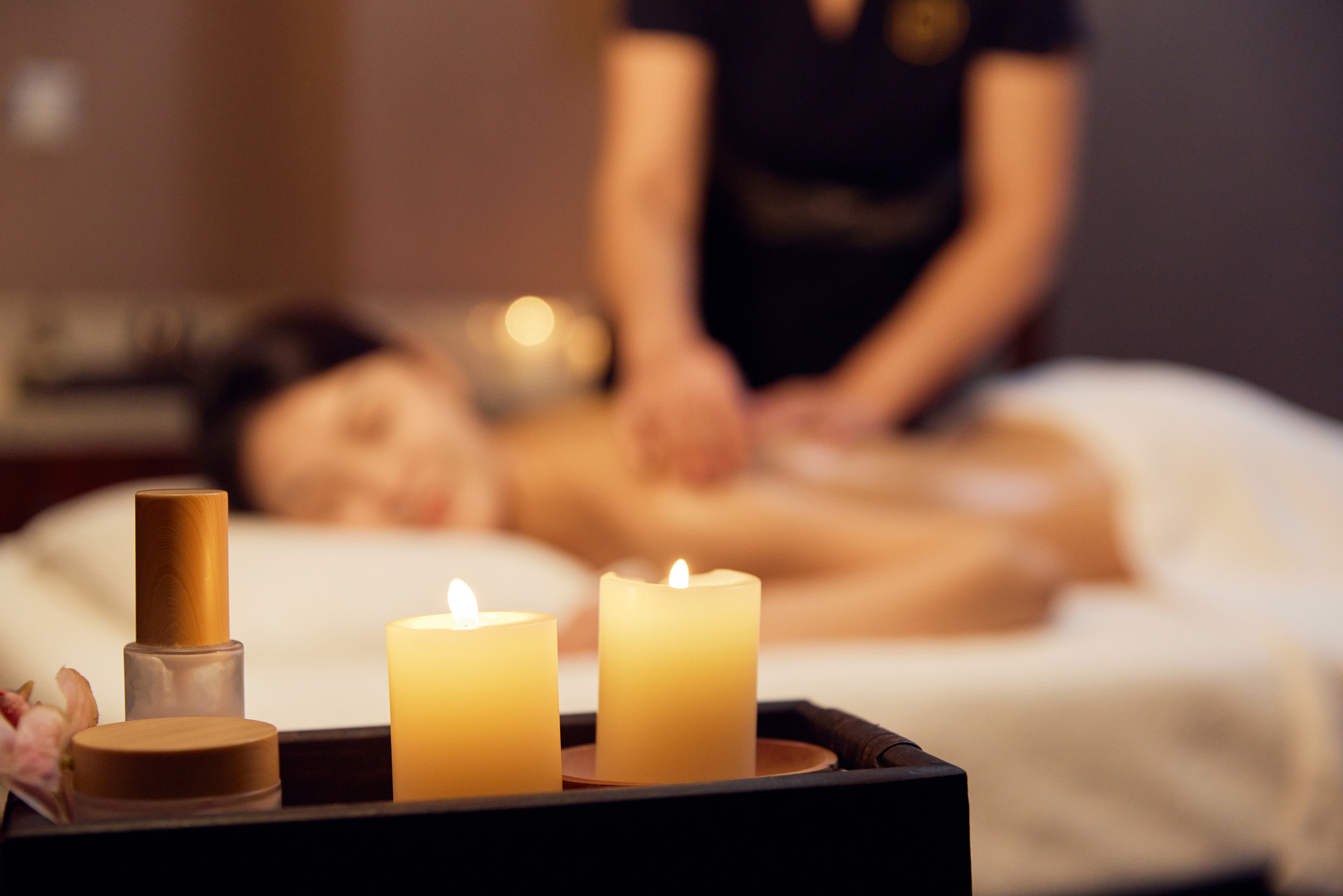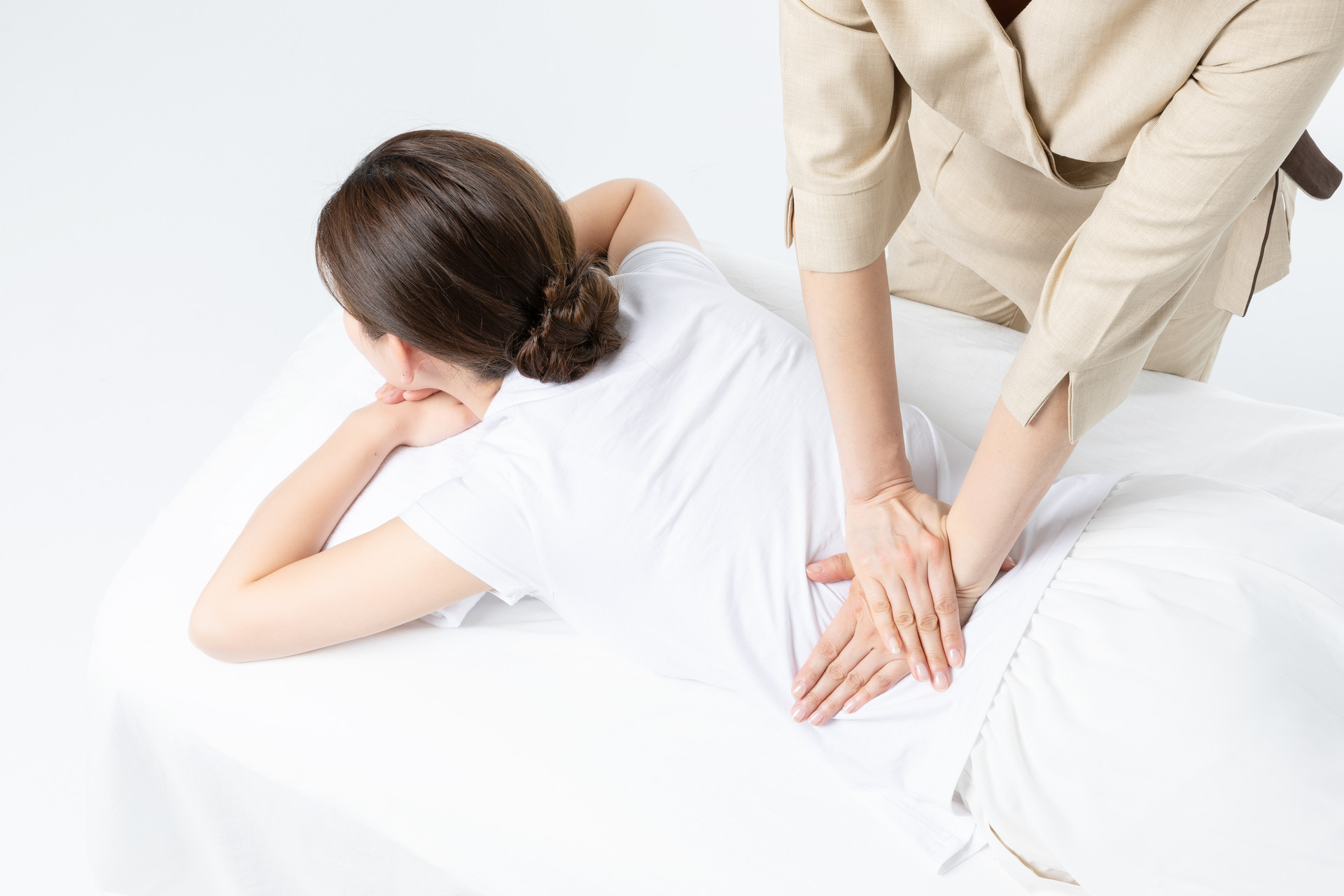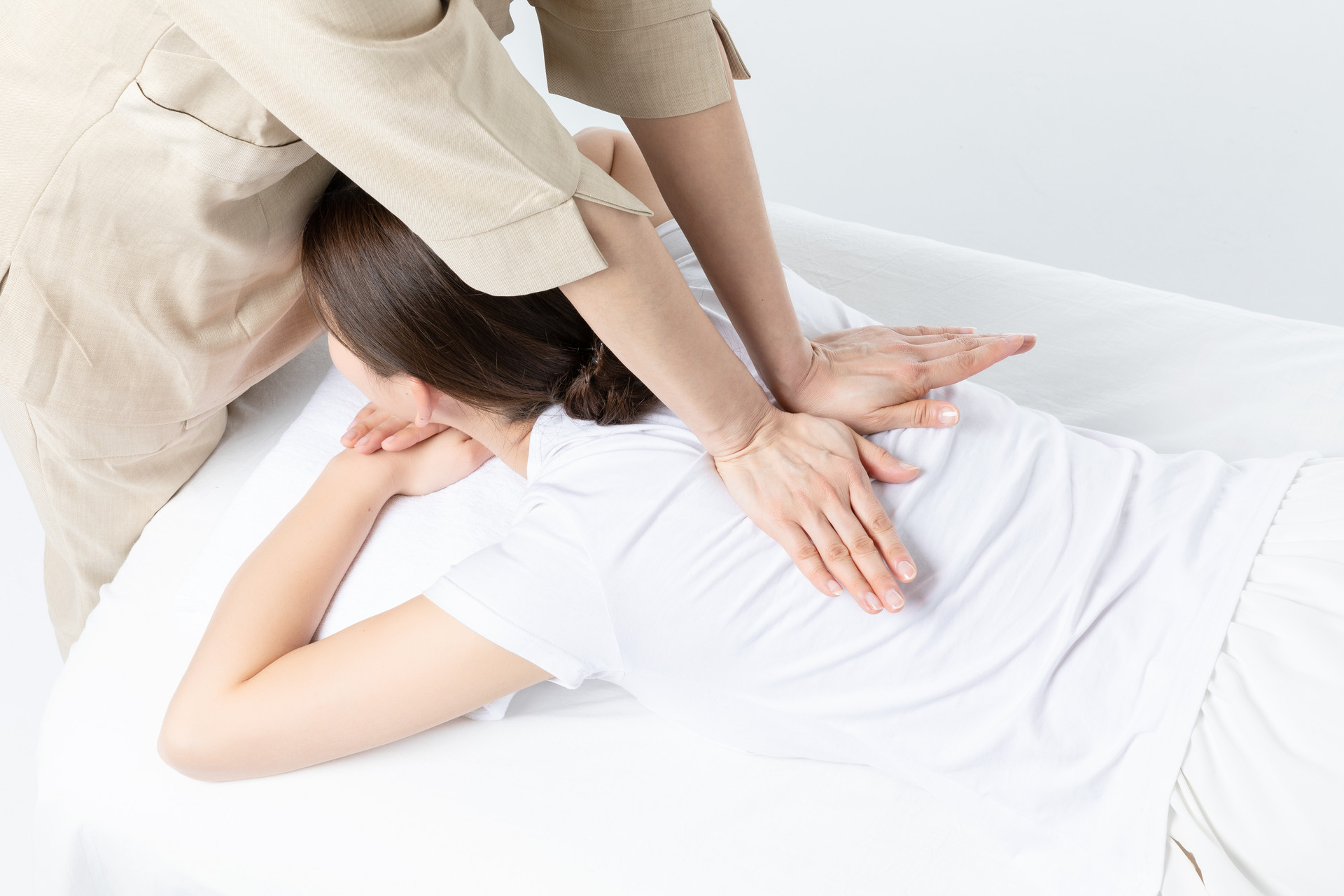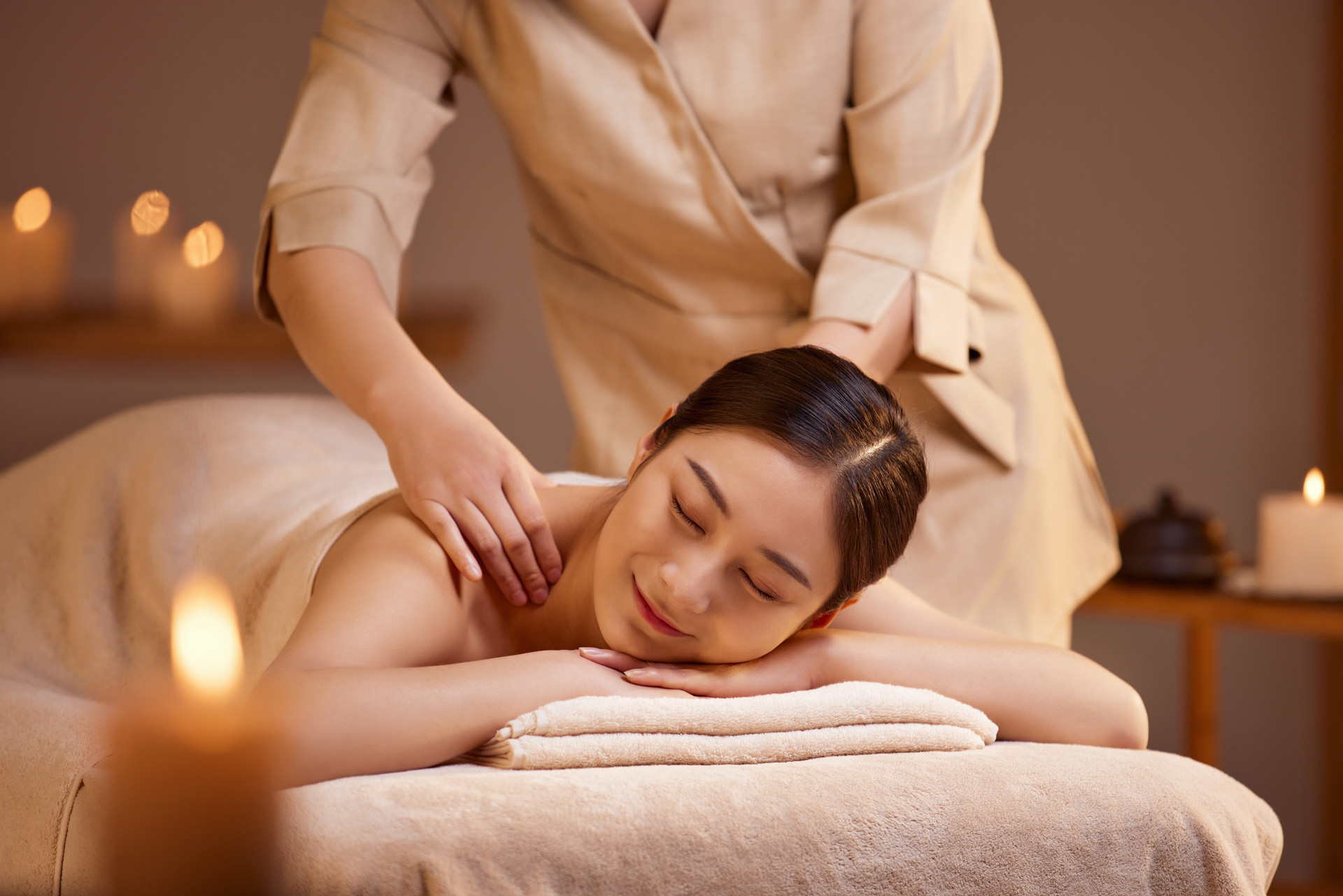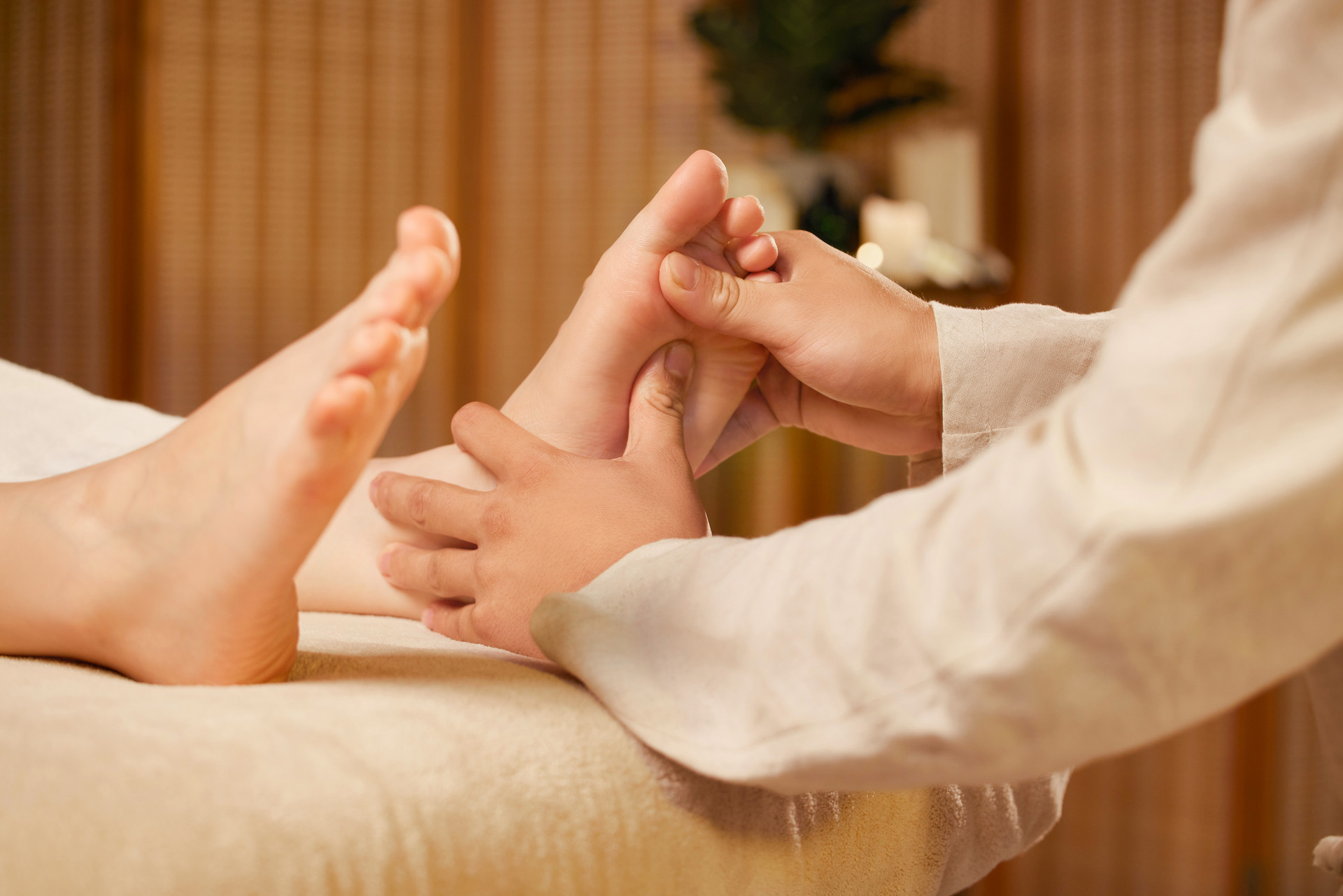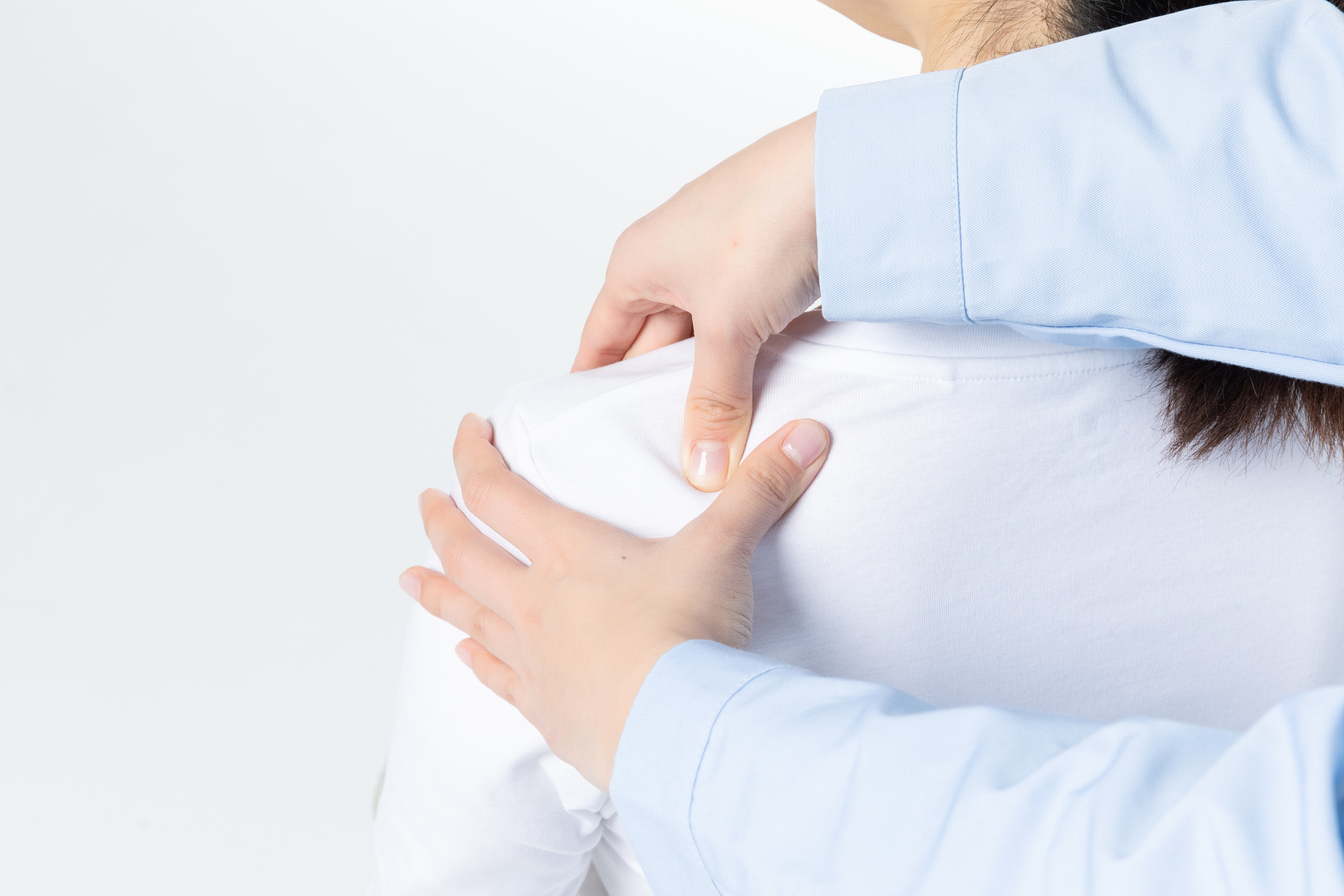Insomnia can be a major problem for many people. Not being able to fall asleep at night and not being able to wake up in the morning can become a habit over time. However, the dangers of insomnia are significant. Let's take a look at how traditional Chinese massage can help treat insomnia.
The Dangers of Insomnia
1. Organ Damage
Sleeping at night is a way to help protect our body's health and give our organs a rest. However, if a person frequently suffers from insomnia, the organs do not get sufficient rest, which can lead to organ weakness and increase the chances of developing diseases.
2. Slower Reaction Time
Frequent insomnia can make it difficult for a person to concentrate, affecting their work and studies. In addition, chronic insomnia keeps a person in a state of fatigue, both physically and mentally, which slows down their ability to take action.
3. Obesity
Insomnia can increase the concentration of appetite hormones in the body, which can trigger cravings for food. At the same time, insulin in the body of women with insomnia cannot metabolize glucose properly, which can lead to obesity.
4. Aging
From 11 p.m. to 3 a.m. is the time for beauty sleep, when the body's meridians run through the gallbladder and liver. If these two organs do not get sufficient rest, it will show on the skin, leading to roughness, yellowish complexion, dark spots, acne, and other issues.
Traditional Chinese Remedies for Insomnia
Remedy 1
Prepare a decoction using Angelica sinensis, Bupleurum, Rehmannia glutinosa, Chuanxiong, Paeonia lactiflora, Fructus Aurantii, Platycodon grandiflorus, Achyranthes bidentata, Persica, Carthamus tinctorius, Coptis chinensis, Pinellia ternata, and Glycyrrhiza uralensis. Take one dose daily, twice a day.
Remedy 2
Prepare a decoction using Codonopsis pilosula, Radix Polygalae, Astragalus membranaceus, Angelica sinensis, fried Atractylodes, Poria cocos, Semen Ziziphi Spinosae, Longan aril, Cissus quadrangularis, fried Glycyrrhiza, and jujube. Take one dose daily, twice a day.
Remedy 3
Prepare a decoction using Glycyrrhiza uralensis, jujube, wheat, lily, bamboo shavings, Rehmannia glutinosa, Ophiopogon japonicus, Morus alba, black sesame, Cissus quadrangularis, take as a decoction daily, twice a day.
Remedy 4
Prepare a decoction using Bupleurum chinense, Aglaia odorata, Paeonia lactiflora, Salvia miltiorrhiza, Santalum album, Schisandra chinensis, Polygonatum sibiricum, fried Zizyphus jujuba, Cissus quadrangularis, night-blooming cereus, as well as raw dragon bone and oyster shell. Take one dose daily for a seven-day course of treatment.
Traditional Chinese Massage for Treating Insomnia
1. Sanyinjiao (Three Yin Intersection)
Located on the inner side of the lower leg, 3 inches above the tip of the inner ankle, behind the tibia. By massaging these three acupoints together for 5 to 10 minutes every day, it can have a calming effect on the mind.
2. Taixi (Kidney Meridian)
For those with kidney deficiency or excessive yin fire, massage the Taixi acupoint. This acupoint is located on the inner side of the foot, in the depression between the posterior part of the inner ankle and the Achilles tendon. Regular massage has the effect of nourishing kidney yin, tonifying kidney qi, strengthening kidney yang, and regulating the uterus.
3. Taichong (Great Surge)
Located at the highest point on the foot dorsum where the big toe and the second toe meet. Massage this acupoint for 10 minutes before bedtime. If there is a noticeable feeling of soreness, numbness, distention, or pain, it indicates that the massage is effective, and it can help relieve the symptoms of insomnia.
4. Yongquan (Gushing Spring)
This acupoint is located on the sole of the foot, one-third of the distance between the anterior margin of the first and second toes and the heel, at the lowest part of the body's acupoints. By massaging Yongquan, it has a good kidney-tonifying effect and can calm the mind. Regular massage also has the effect of strengthening the foundation, nurturing vitality, and prolonging life.


